- IDP China>
- 课程库>
- 工程与技术>
- 工程学及其相关技术>
- 土木工程>
- BEng (Hons) Civil Engineering - Glasgow International College (GIC)
工学士(荣誉)学位-格拉斯哥大学
BEng (Hons) Civil Engineering - Glasgow International College (GIC)

学历文凭
Bachelor Degree with Honours

专业院系

开学时间

课程时长

课程学费

国际学生入学条件
Standard academic entry requirements: 36 points including three HL subjects at 6,6,5 guaranteed offer if additional requirements met.
Minimum academic entry requirements: 32 points including three HL subjects at 6,5,5 considered for offer if additional requirements met.
Additional requirements: HL subjects should include Physics and Mathematics. SL6 will be accepted for one of Physics or Mathematics (or Mathematic Studies).
International English Language Testing System (IELTS) Academic module (not General Training): overall score 6.5 no sub-test less than 6.0. ibTOEFL*: 90, no sub-test less than: Reading: 20, Listening: 19, Speaking: 19, Writing: 23
IDP—雅思考试联合主办方

雅思考试总分
6.5
- 雅思总分:6.5
- 托福网考总分:90
- 托福笔试总分:160
- 其他语言考试:PTE Academic (Pearson Test of English, Academic test): 60, no sub-test less than 59
CRICOS代码: H202
申请截止日期: 请与IDP联系 以获取详细信息。
课程简介
Civil engineers design and build major structures and provide the skills and expertise to design, build and maintain the country's infrastructure. Our Civil Engineering degree is focused around problem based learning and our students enjoy tackling design projects in all years of the programme. You will study the same courses in the first three years whether you are on the BEng or MEng degree programme. Both embed creativity to develop world changing engineers. In your first year, you will take a wide-ranging curriculum which includes courses in civil engineering, mathematics, dynamics, electronics, materials, statics, thermodynamics and engineering skills. These courses are supported by individual and group project work and laboratory work. This interdisciplinary approach, favoured by industry, also makes it possible to switch to most other engineering disciplines at the end of year 1 should you wish to do so.<br><br>You will take a range of courses within structural engineering, water and environmental engineering, transportation, geotechnical engineering and construction management. Courses cover both fundamental principles and practical applications. We place considerable emphasis on practical work, in the form of laboratory classes, physical and computational modelling exercises, project work, surveying fieldwork, design projects and site visits. In fourth year, MEng students study a greater range of advanced analytical topics than BEng students. Year 5 of the MEng programme contains a mix of advanced courses and major design project work, some involving practising engineers, which are intended to develop professional-level skills.
相关申请
 预科
预科 奖学金
奖学金 实习机会
实习机会 在校学习
在校学习 跨境学习
跨境学习 校园授课-线上开始
校园授课-线上开始 在线/远程学习
在线/远程学习
开学时间&学费
学费信息仅供参考,请与IDP联系以获取详细信息
| 开学时间 | 时长 | 学费 | 地点 |
|---|---|---|---|
| 暂无 | 暂无 | 暂无 | 暂无 |
本校相关课程
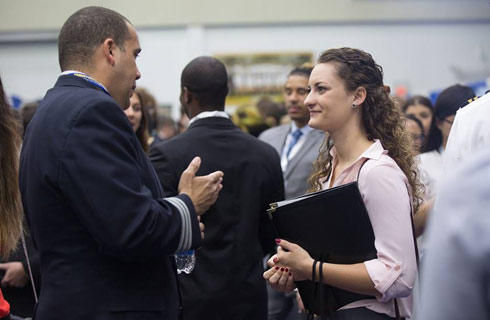
强化英语-利物浦
学历文凭
English Language
开学日期
课程费用总额


硕士预科课程-布莱顿大学国际学院
学历文凭
Foundation for Postgraduate
开学日期
课程费用总额

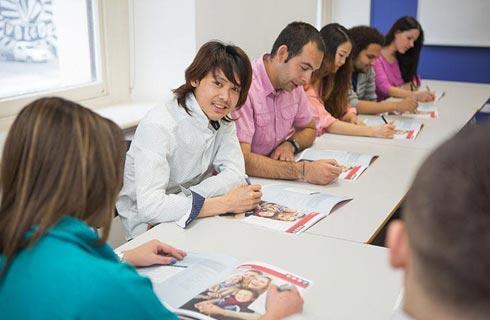
硕士预科课程
学历文凭
Foundation for Postgraduate
开学日期
课程费用总额

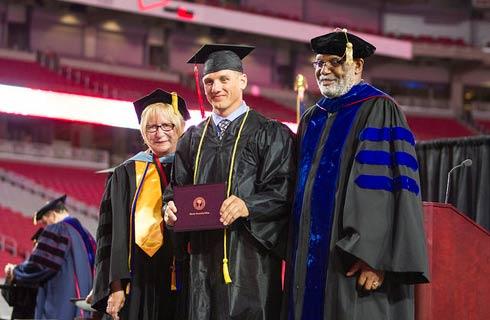
计算机基础证书-布莱顿大学国际学院
学历文凭
Foundation for Undergraduate
开学日期
课程费用总额


商业基础证书
学历文凭
Foundation for Undergraduate
开学日期
课程费用总额

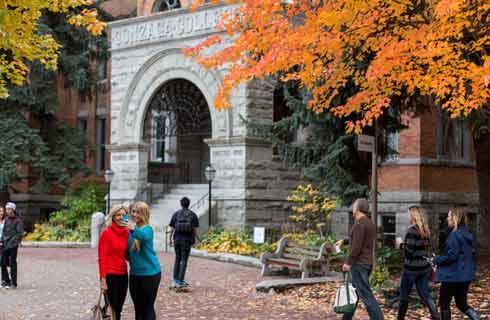
商业基础证书
学历文凭
Foundation for Undergraduate
开学日期
课程费用总额

其他相关课程

专业工程学硕士(土木)
 悉尼大学
悉尼大学泰晤士高等教育世界大学排名:54
学历文凭
Masters Degree (Coursework)
开学日期
课程费用总额

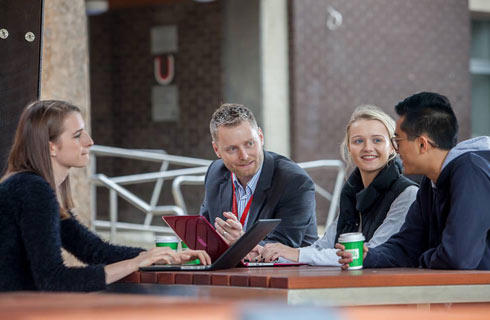
土木工程研究硕士
 南澳大学
南澳大学学历文凭
Masters Degree (Research)
开学日期
课程费用总额


工学学士-土木(荣誉)
 弗林德斯大学
弗林德斯大学泰晤士高等教育世界大学排名:307
学历文凭
Bachelor Degree with Honours
开学日期
课程费用总额


工程科学硕士(民事)
 斯威本科技大学
斯威本科技大学泰晤士高等教育世界大学排名:282
学历文凭
Masters Degree (Coursework)
开学日期
课程费用总额

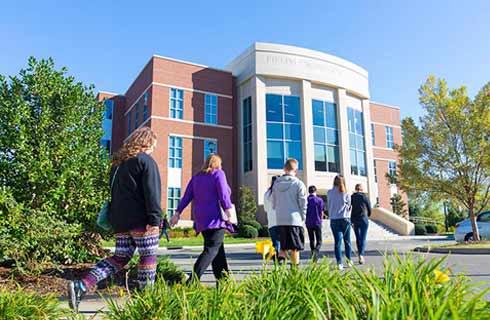
工程学硕士(土木)
 斯威本科技大学
斯威本科技大学泰晤士高等教育世界大学排名:282
学历文凭
Masters Degree (Coursework)
开学日期
课程费用总额


哲学博士(土木工程)
 纽卡斯尔大学
纽卡斯尔大学学历文凭
Ph.D.
开学日期
课程费用总额









 英国
英国
